Introduction
School anxiety in teenagers is a prevalent issue that affects many young people as they navigate the complex demands of their academic and social lives. This form of anxiety can manifest in various ways, from intense worry about exams and performance to a deep-seated fear of social interactions and bullying. Addressing school anxiety is crucial, as it not only impacts a teenager’s emotional well-being but also their academic performance and overall quality of life.
According to recent studies, approximately 30% of adolescents experience significant anxiety related to school, highlighting the need for parents, educators, and mental health professionals to recognize and support those struggling. Understanding the roots and effects of school anxiety is the first step in creating a supportive environment where teenagers can thrive both academically and personally.
What is School Anxiety?
Definition of School Anxiety
School anxiety refers to the overwhelming fear and worry related to various aspects of the school environment, including academic performance, social interactions, and extracurricular activities. It is a specific type of anxiety that centers around school-related situations and expectations.
Common Symptoms and Signs
Recognizing school anxiety in teenagers can be challenging, as it often presents differently in each individual. Common symptoms include:
- Emotional Signs: Excessive worry about schoolwork, frequent bouts of crying, and feelings of hopelessness or dread.
- Behavioral Changes: Avoidance of school, skipping classes, or reluctance to participate in school activities.
- Physical Symptoms: Headaches, stomachaches, and fatigue that have no apparent medical cause.
- Academic Impact: Decline in grades, difficulty concentrating, and procrastination.
How it Differs from General Anxiety
While general anxiety encompasses a broad range of fears and worries that can affect various aspects of life, school anxiety is specifically focused on school-related issues. General anxiety might manifest as a constant sense of unease or fear about multiple areas of life, whereas school anxiety is directly triggered by school activities, such as tests, presentations, or social interactions within the school setting. Understanding this distinction is important for effectively addressing and managing the anxiety experienced by teenagers.

Causes of School Anxiety in Teenagers
Academic Pressure
One of the primary causes of school anxiety in teenagers is academic pressure. The constant drive to achieve high grades, meet deadlines, and excel in standardized tests can create a significant amount of stress. Teenagers often feel overwhelmed by the expectations set by parents, teachers, and even themselves, leading to anxiety about their performance and future prospects.
Social Challenges
Social challenges, including peer relationships and bullying, are another major source of school anxiety. Navigating friendships, dealing with peer pressure, and facing social rejection or isolation can be daunting. Bullying, whether physical, verbal, or cyber, exacerbates these challenges, causing profound anxiety and fear in affected teenagers. The struggle to fit in and be accepted by peers can significantly impact a teenager’s mental health.
Transition Periods
Transition periods, such as starting high school or moving to a new school, often trigger anxiety in teenagers. The unfamiliar environment, new faces, and different routines can be intimidating. The fear of the unknown and the pressure to adapt quickly can lead to feelings of anxiety and insecurity. These transitional phases require time and support for teenagers to adjust and feel comfortable.
Personal and Family Issues
Personal and family issues also contribute to school anxiety. Problems at home, such as parental conflict, divorce, financial difficulties, or health issues, can create a stressful environment that spills over into a teenager’s school life. Additionally, personal struggles like low self-esteem, perfectionism, or previous traumatic experiences can heighten anxiety related to school. Understanding the personal and familial context is crucial for addressing and mitigating school anxiety effectively.
Impact of School Anxiety on Teenagers
Emotional Effects
School anxiety can have profound emotional effects on teenagers. Chronic stress is a common consequence, leading to feelings of being overwhelmed and anxious about daily school activities. This stress can escalate into depression, characterized by persistent sadness, hopelessness, and a lack of interest in previously enjoyed activities. Low self-esteem is another significant emotional impact, as teenagers may doubt their abilities and worth, leading to a negative self-image and further exacerbating their anxiety.
Academic Performance
The impact of school anxiety on academic performance is considerable. Teenagers struggling with anxiety often find it difficult to concentrate, complete assignments, and participate in class. This can result in declining grades and a noticeable drop in academic achievement. Attendance issues may also arise, as the anxiety of facing school becomes too overwhelming, leading to frequent absences or tardiness. These academic challenges can create a vicious cycle, where poor performance increases anxiety, further hindering academic success.
Social Interactions
Social interactions are significantly affected by school anxiety. Teenagers experiencing anxiety may isolate themselves, withdrawing from social activities and interactions with peers. This withdrawal can lead to a sense of loneliness and alienation, as they miss out on forming and maintaining friendships. The fear of judgment or rejection can prevent teenagers from participating in group activities, clubs, or sports, depriving them of valuable social experiences and support networks.
Physical Health
The physical health of teenagers can also suffer due to school anxiety. Common physical symptoms include headaches, stomachaches, and other stress-related ailments that lack a clear medical cause. These symptoms can be persistent and debilitating, affecting a teenager’s ability to function effectively in school and other areas of life. Sleep problems, such as insomnia or restless sleep, are also prevalent, further impacting their overall well-being and ability to cope with daily challenges. Addressing these physical symptoms is essential in managing school anxiety and improving a teenager’s quality of life.

How to Recognize School Anxiety in Your Teen
Behavioral Changes to Look Out For
Recognizing school anxiety in your teen starts with being aware of key behavioral changes. Look for signs such as:
- Avoidance Behavior: Reluctance to go to school, frequent excuses to stay home, or skipping classes.
- Academic Changes: Sudden drop in grades, procrastination, and lack of interest in schoolwork.
- Social Withdrawal: Avoidance of social interactions, spending more time alone, and reluctance to participate in extracurricular activities.
- Emotional Outbursts: Increased irritability, frequent crying, or unexplained anger.
- Physical Complaints: Regular reports of headaches, stomachaches, or other physical ailments without a medical cause.
Communication Tips: How to Talk to Your Teen About Their Anxiety
Open and supportive communication is crucial in helping your teen manage school anxiety. Here are some tips:
- Create a Safe Space: Ensure your teen feels safe and understood when discussing their feelings. Choose a quiet, private setting for these conversations.
- Be an Active Listener: Listen without interrupting or judging. Show empathy and validate their feelings by saying things like, “I understand this is hard for you.”
- Ask Open-Ended Questions: Encourage them to express themselves by asking questions such as, “Can you tell me more about what’s been bothering you at school?”
- Offer Support: Let them know you’re there for them and willing to help. Suggest working together to find solutions or strategies to manage their anxiety.
- Avoid Dismissive Comments: Refrain from saying things like, “It’s just a phase” or “Everyone feels that way,” as these can minimize their experiences and discourage them from opening up.
When to Seek Professional Help
Knowing when to seek professional help is vital for effectively managing school anxiety in your teen. Consider the following signs:
- Persistent Anxiety: If your teen’s anxiety is constant and affects their daily functioning over an extended period.
- Severe Impact on Life: When school anxiety significantly disrupts their academic performance, social interactions, or physical health.
- Unsuccessful Coping Strategies: If your attempts to help them manage their anxiety at home are not making a noticeable difference.
- Risky Behavior: Engaging in self-harm, substance abuse, or expressing thoughts of self-harm or suicide.
- Professional Recommendation: If teachers, school counselors, or pediatricians suggest seeking further evaluation or therapy.
Seeking help from a mental health professional, such as a psychologist or counselor, can provide your teen with the tools and support they need to navigate and overcome school anxiety. Early intervention can make a significant difference in their overall well-being and future success.
Strategies to Help Your Teen Manage School Anxiety
Creating a Supportive Home Environment
A supportive home environment is essential for helping your teen manage school anxiety. Foster a positive and understanding atmosphere where your teen feels safe to express their feelings. Encourage open dialogue and reassure them that their feelings are valid and that you are there to support them. Establishing a routine that balances schoolwork with relaxation and family time can also provide a sense of stability and reduce anxiety.
Developing Healthy Routines
Healthy routines play a significant role in managing anxiety. Ensure your teen has a consistent sleep schedule, aiming for 8-10 hours of sleep per night to support their mental and physical health. Encourage balanced nutrition with regular meals that include a variety of fruits, vegetables, proteins, and whole grains. Promote regular physical activity, such as walking, cycling, or participating in sports, which can help reduce stress and improve mood.
Encouraging Open Communication and Active Listening
Open communication is crucial for understanding and addressing your teen’s anxiety. Encourage your teen to share their thoughts and feelings without fear of judgment. Practice active listening by giving them your full attention, acknowledging their concerns, and responding empathetically. Phrases like “I hear you” and “It sounds like you’re feeling…” can validate their experiences and show that you care.
Teaching Stress Management Techniques
Teaching your teen effective stress management techniques can empower them to handle anxiety more effectively. Introduce them to mindfulness practices, such as meditation or yoga, which can help them stay grounded and present. Deep breathing exercises, like the 4-7-8 technique, can quickly reduce stress and promote relaxation. Encourage them to explore hobbies and activities they enjoy, which can serve as healthy distractions and outlets for stress.
Working with Teachers and School Counselors
Collaborating with teachers and school counselors can provide additional support for your teen. Inform them about your teen’s anxiety so they can be more understanding and accommodating. Teachers can offer academic support, such as extended deadlines or modified assignments, to reduce pressure. School counselors can provide counseling services, facilitate peer support groups, and implement strategies to help your teen manage their anxiety in the school setting. Regular communication with these professionals can ensure a cohesive approach to supporting your teen’s well-being.
By implementing these strategies, you can help your teen navigate their school anxiety, build resilience, and achieve a more balanced and fulfilling school experience.

Professional Help and Resources
When to Consider Therapy or Counseling
Recognizing when to seek professional help is crucial for managing school anxiety in teenagers. Consider therapy or counseling if your teen’s anxiety persists despite efforts to address it at home. Signs that indicate the need for professional intervention include a significant decline in academic performance, avoidance of school, severe emotional distress, and physical symptoms like headaches or stomach aches that have no medical explanation. If your teen expresses thoughts of self-harm or suicide, immediate professional help is essential.
Types of Therapies
There are various therapeutic approaches to help teenagers cope with school anxiety:
- Cognitive Behavioral Therapy (CBT): CBT is a highly effective treatment that focuses on identifying and changing negative thought patterns and behaviors. It helps teenagers develop coping strategies and problem-solving skills to manage their anxiety.
- Talk Therapy (Psychotherapy): Talk therapy provides a safe space for teenagers to express their feelings and explore the underlying causes of their anxiety. It can help them gain insights into their emotions and develop healthier ways of thinking and behaving.
- Mindfulness-Based Therapies: These therapies incorporate mindfulness practices, such as meditation and breathing exercises, to help teenagers stay present and reduce anxiety. They teach teens to manage stress and improve their emotional regulation.
Online Resources and Helplines
Numerous online resources and helplines are available to support teenagers dealing with school anxiety:
- National Alliance on Mental Illness (NAMI): NAMI offers educational resources, support groups, and helplines for teenagers and their families.
- Anxiety and Depression Association of America (ADAA): ADAA provides information on anxiety disorders, treatment options, and coping strategies.
- Crisis Text Line: Text “HELLO” to 741741 to connect with a trained crisis counselor 24/7 for immediate support.
- Teen Line: A helpline staffed by trained teen volunteers offering peer support and resources for various issues, including anxiety.
Books and Apps That Can Help
Books and apps can be valuable tools for managing school anxiety:
Books:
- The Anxiety Workbook for Teens by Lisa M. Schab: A practical guide with exercises and techniques to help teens manage anxiety.
- Mindfulness for Teen Anxiety by Christopher Willard: A book that teaches mindfulness practices to reduce anxiety and improve well-being.
- The Shyness and Social Anxiety Workbook for Teens by Jennifer Shannon: A workbook offering strategies to overcome social anxiety.
Apps:
- Headspace: A popular app providing guided meditation and mindfulness exercises to help manage stress and anxiety.
- Calm: Offers relaxation techniques, sleep stories, and breathing exercises to reduce anxiety and promote relaxation.
- Moodpath: An app that helps track mood and mental health, providing insights and resources for managing anxiety.
By leveraging these professional resources, parents and teenagers can find the support and tools needed to effectively manage school anxiety and improve their overall mental health.
Conclusion
In conclusion, understanding and managing school anxiety is essential for supporting teenagers through their academic and social challenges. Key points include recognizing the symptoms of school anxiety, identifying its various causes—such as academic pressure, social challenges, and transitional periods—and understanding its impact on emotional well-being, academic performance, social interactions, and physical health. By employing strategies like creating a supportive home environment, developing healthy routines, encouraging open communication, teaching stress management techniques, and working with teachers and counselors, both parents and teenagers can make significant strides in managing anxiety.
Reassuringly, it’s important for both parents and teens to know that school anxiety is a common issue and that effective support is available. Parents play a crucial role in creating a nurturing environment and seeking appropriate help when needed. For teenagers, remember that seeking support is a sign of strength and that various resources, including therapy, online support, and self-help tools, can provide valuable assistance.
The call to action is clear: actively seek out professional help if anxiety becomes overwhelming or persistent, and implement the recommended strategies to create a balanced and supportive approach to managing anxiety. By taking these steps, you can help ensure a healthier and more positive school experience for your teen, paving the way for their overall well-being and success.
Check out our blog Is My Child Ready For School Checklist, for more such content!
Frequently Asked Questions (FAQs)
1. What are the common signs of school anxiety in teenagers?
Common signs of school anxiety in teenagers include excessive worry about academic performance, frequent absences or reluctance to attend school, physical symptoms like headaches or stomach aches, changes in behavior such as irritability or withdrawal from social activities, and a noticeable decline in academic performance. Emotional signs may also include feelings of dread or panic before school-related activities and difficulty concentrating on schoolwork.
2. How can I help my teenager manage their school anxiety?
To help your teenager manage school anxiety, start by creating a supportive and understanding home environment. Encourage healthy routines such as regular sleep, balanced nutrition, and physical activity. Foster open communication by actively listening to their concerns and validating their feelings. Introduce stress management techniques like mindfulness and deep breathing exercises, and collaborate with teachers and school counselors to ensure they receive the necessary support at school. If anxiety persists, consider seeking professional help from a therapist or counselor.
3. When should I seek professional help for my teenager’s school anxiety?
Seek professional help if your teenager’s anxiety is severe, persistent, or significantly impacts their daily life. Signs that professional intervention may be necessary include a marked decline in academic performance, frequent school avoidance, severe emotional distress, physical symptoms without a clear medical cause, and expressions of self-harm or suicidal thoughts. Early intervention from a mental health professional can provide effective strategies and support for managing anxiety.
4. What types of therapy are effective for treating school anxiety in teenagers?
Effective therapies for treating school anxiety in teenagers include Cognitive Behavioral Therapy (CBT), which helps change negative thought patterns and develop coping strategies; talk therapy, which allows teenagers to explore their feelings and underlying issues; and mindfulness-based therapies that incorporate techniques such as meditation and relaxation exercises to manage stress. Each therapy type can offer valuable tools for addressing and reducing anxiety.
5. Are there any online resources or apps that can help manage school anxiety?
Yes, several online resources and apps can support managing school anxiety. For online resources, organizations like the National Alliance on Mental Illness (NAMI) and the Anxiety and Depression Association of America (ADAA) offer valuable information and support. Useful apps include Headspace for guided meditation, Calm for relaxation techniques, and Moodpath for tracking mood and mental health. These tools can complement other strategies and provide additional support for managing anxiety.
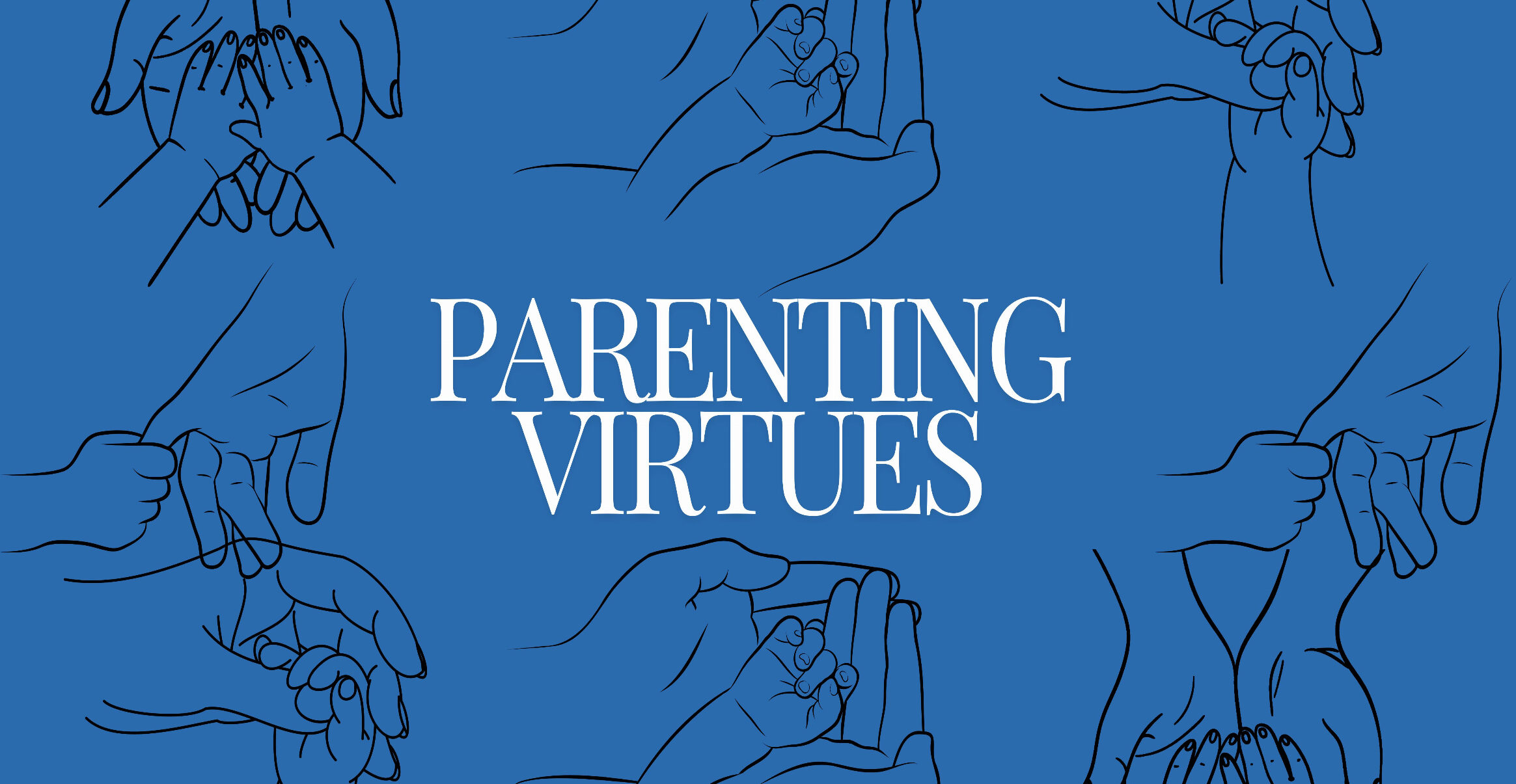
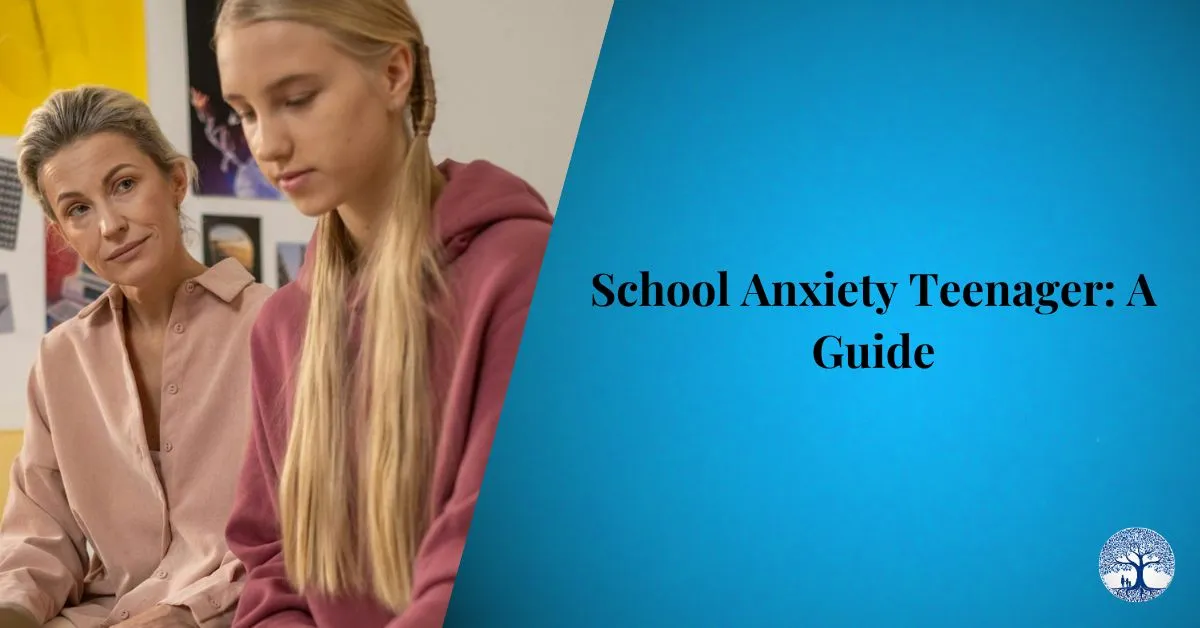
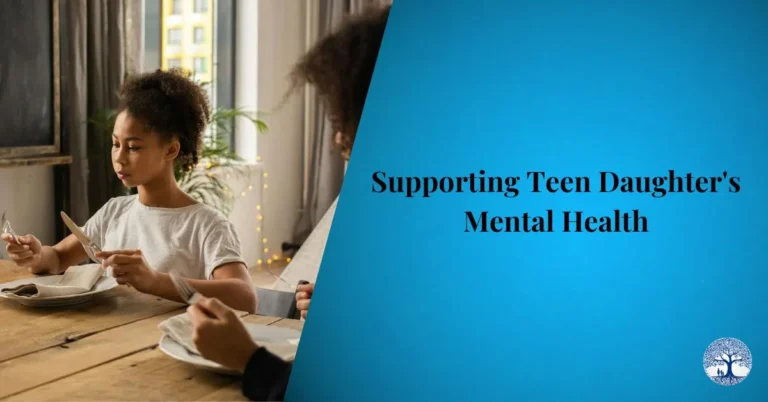
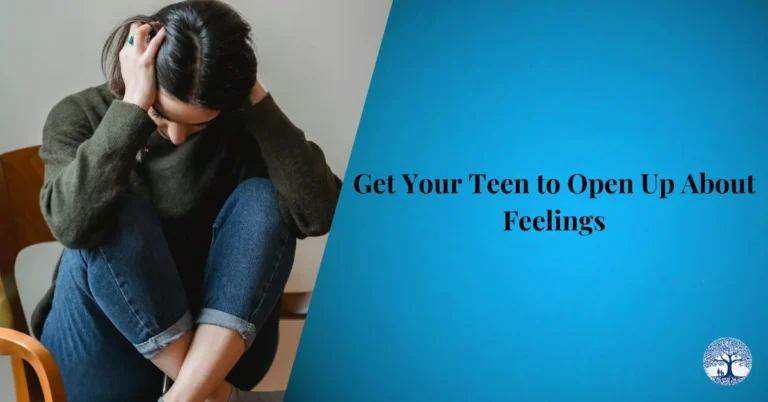
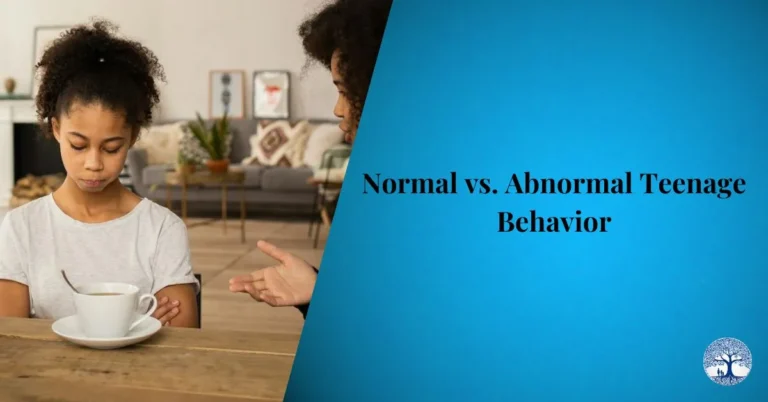
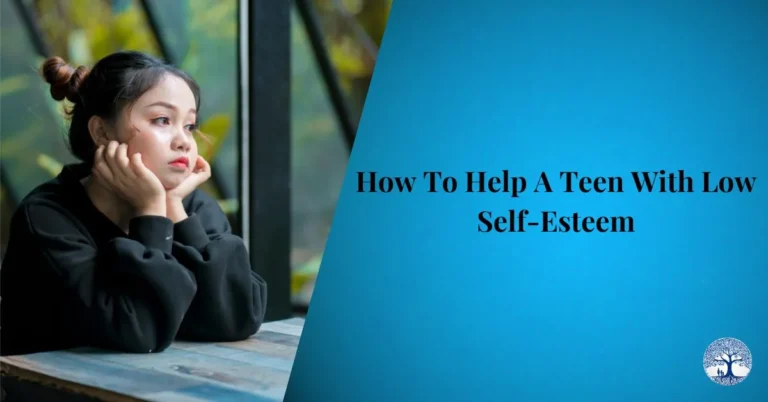
One Comment